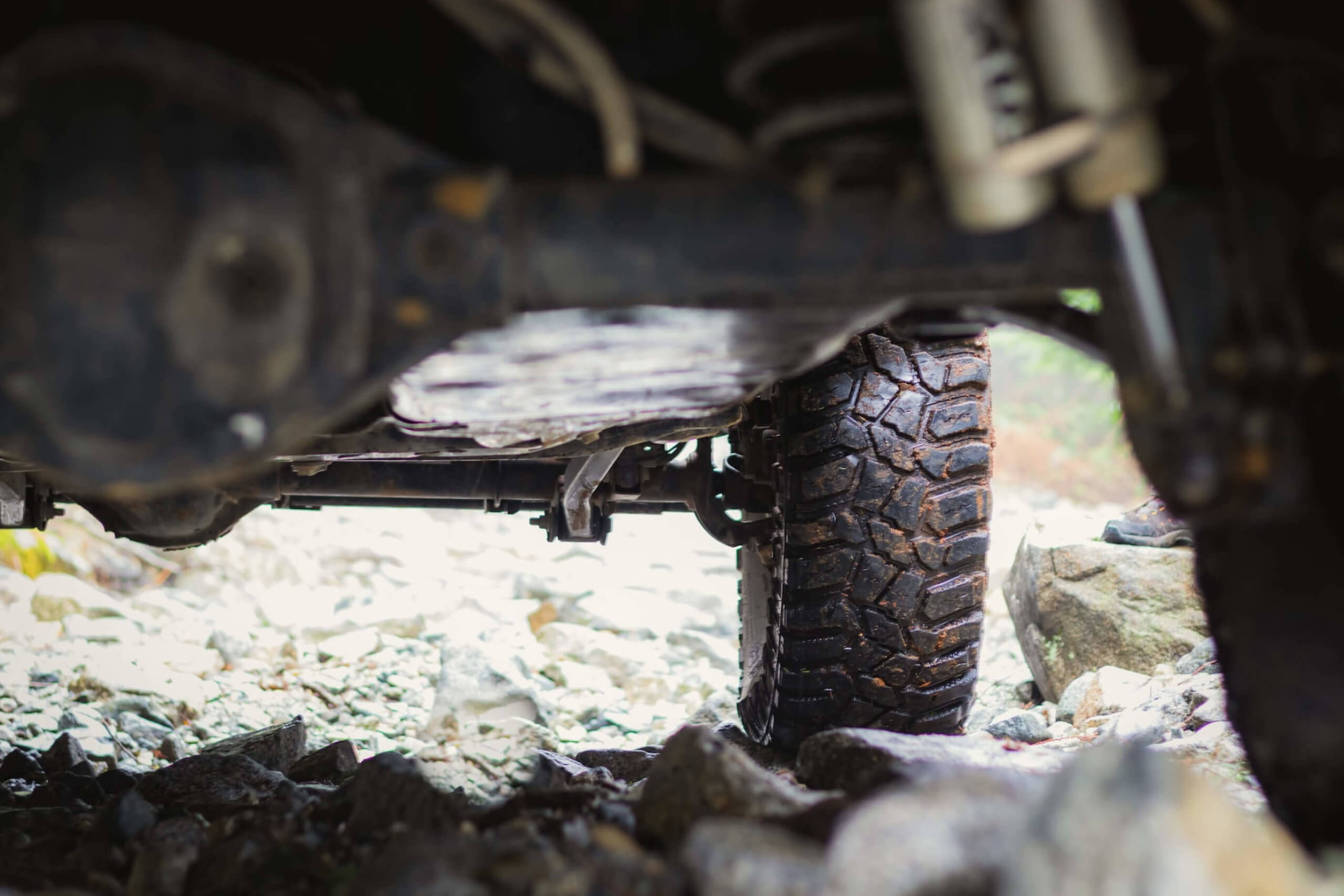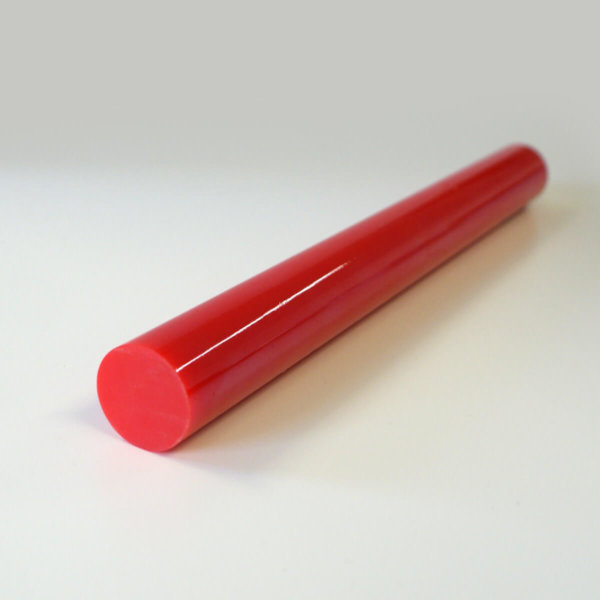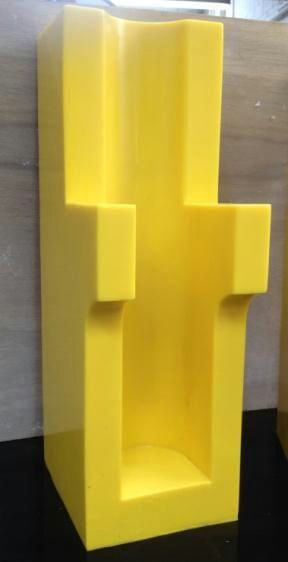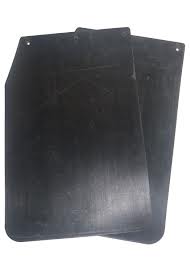A standard rubber polybush plays a vital role in vehicles and machinery. However, specifiers are increasingly requesting a polyurethane alternative, as polyurethane bushes offer significant advantages.
An engineering ‘bush’ serves a number of crucial purposes, involving connecting two parts in engines and other machinery. Reliability and accuracy can be serious safety issues, particularly if these are two moving parts. Also, bushes need mechanical strength, which sometimes runs in tandem with a finite amount of ‘give’.
Commissioning bushes that are the ideal fit in terms of dimensions, tensile properties and performance, can also be vital to ensure a vehicle or machine can run consistently at its optimal speed.
Traditionally, specifiers have chosen between solid plastic or pliable rubber bushes.
So, what is a polybush? It is a modern alternative to standard rubber or solid bushes that is increasingly in demand. It relies on the many benefits that polyurethane provides.
Why are polybushes being used?
This is primarily due to the way polybushes are manufactured. Experts in precious engineering polyurethane parts can vary this substance’s properties to an incredible degree. Including producing bushes that are more pliable or stronger than their traditional alternatives.
Even under intense pressure and use, polybushes hold their shape and offer impressive durability and reliability.
This includes acting as an extremely strong and flexible connection to support suspension systems or moving arms that carry considerable weight.
Ordering bushes with customised tensile and density properties is not the only reason to opt for a PU version though. Polybushes are also an easy-to-fit and cheap alternative to standard bushes.
They tend to create a more responsive product too, reducing flex or friction, and improving the performance of the parts they support and connect.
Can polybushes support the same amount of weight as solid, metal bushes? They can if they are precision engineered using a dense and extremely strong variation of polyurethane.
More advantages of polybushes
It’s worth looking more closely at the durability of polyurethane, and why that provides such a compelling reason to specify it as an alternative to rubber bushes.
As they are made from PU, polybushes are resistant to oil, moisture, mould and other contaminants. This further increases their reliability and performance factors. Polybushes don’t rot, crack or become slippery.
That makes polyurethane a great option for bushes used in conjunction with brake systems.
The fact that polybushes also have an excellent ability to withstand extreme temperatures is also highly significant. It means bushes mounted near exhaust or engine systems will retain their integrity and strength when close to heat sources.
You can specify a polybush in two halves as well, then slot them quickly in place, before fixing them together.
Polybush safety and vibration issues
Clearly, replacing bushes regularly is still vital. Especially those connected to steering and braking systems.
However, specifying engineering bushes made from polyurethane provides you with a quality product that lasts. This helps to manage the scheduling of repairs and updates for vital vehicles and machines.
With all that said, do polybushes have disadvantages?
In some applications, bushes made from polyurethane do create a greater degree of vibration. This can impact comfort factors in a vehicle when a polybush is used in steering or suspension systems for example.
Specifiers need to balance that, with all the many advantages of polybushes.
The cost of polybushes
As they do have so many benefits compared to traditional versions, it would be easy to imagine that commissioning polyurethane bushes means paying a premium price.
In fact, the opposite is true.
Not least as natural rubber involves relatively complex cultivation and harvesting practices. Whereas the components used to engineer parts from polyurethane are readily available and highly cost-effective.
Polybushes can be produced with a short lead time and quick delivery too, minimising machine downtime and speeding up prototype projects. This could represent another cost saving.
With so many compelling reasons to specify polyurethane as an alternative material for bushes, you could well be wondering where to buy custom-made polybushes?
The answer is Custom Moulded Polyurethane. We can produce a polybush in a range of colours and shore hardness, with incredible accuracy and performance values.
Want to find out how much it will cost to make your products?




